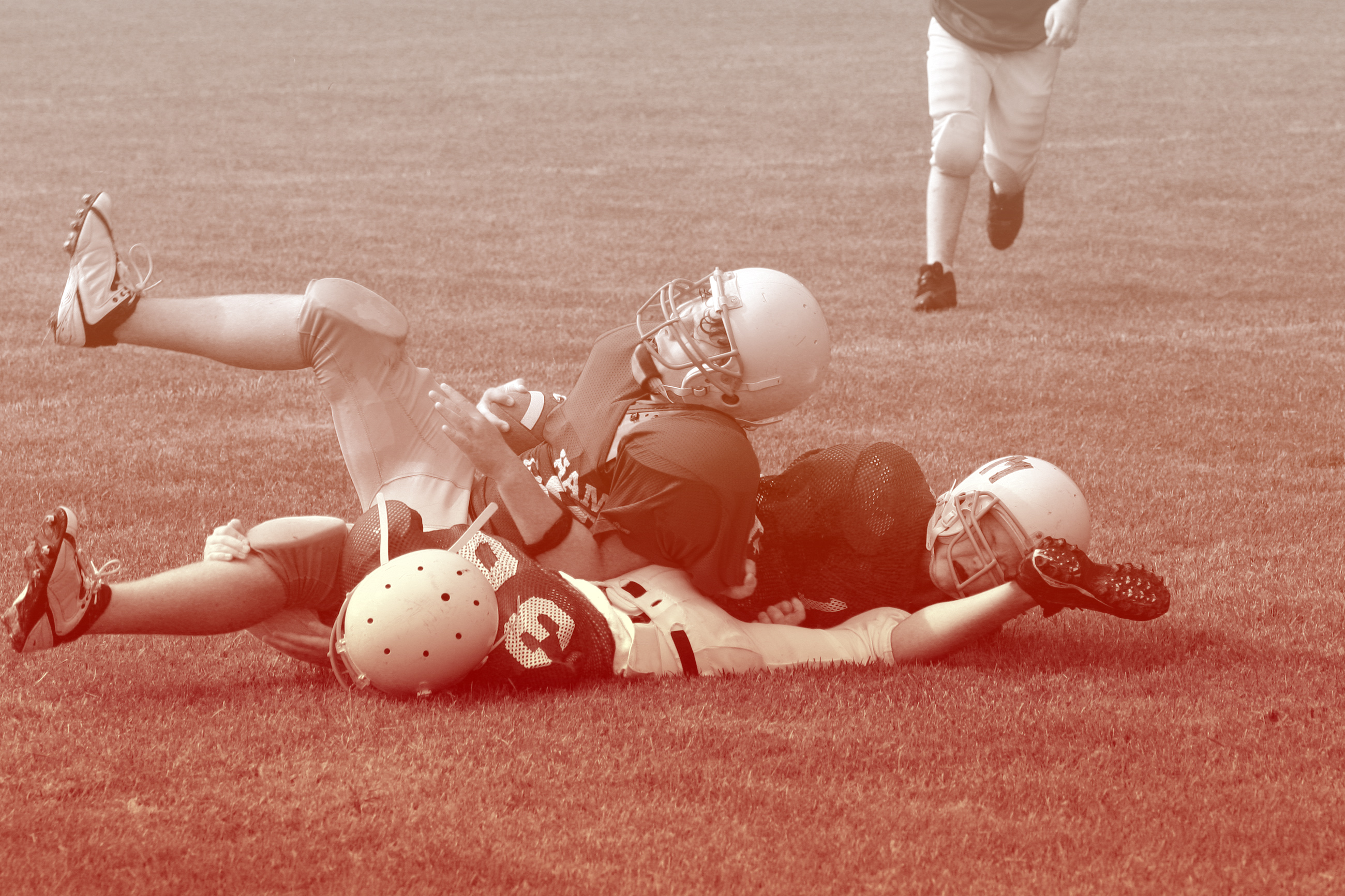The Kinesiology Department’s Dr. Julie Stamm recently did an interview with Parents Magazine regarding the safety in youth football. The article looks at both the ups and downs of youth football and its relationship with chronic traumatic encephalopathy (CTE), a neurodegenerative disease caused by repeated hits to the head. The article also offers some ideas for keeping your kids safe when they are out on the field.
According to the article by Beth Ann Mayer, “any physical activity carries risks of injury. There is a big focus on football because of the statistics. A 2008 study showed that high school football players were more likely than other athletes to suffer strains, sprains, and fractures. The players also experience the most concussions in youth sports”. However, “doctors cannot predict whether a child will have [CTE] later on…We do not understand why one person gets it and the other does not get it” according to Dr. Julie Stamm.
Additionally, while it is difficult to know just how common CTE really is, the risk does intensify with repeated blows. The longer people play football, the greater the risks. “Some people say, ‘Oh, they’re just playing as a kid,’ but if you start at 8 and play until you are 18, that’s 10 years of repeated head impact,” says Dr. Stamm.
As an alternative to football, Dr. Stamm suggests signing children up for flag football where children can get the physical activity without the repeated impacts.
However, football will always remain an important part of many young lives. For those kids on the field, while there is “no such thing as a concussion-proof helmet,” having proper headgear can lower risks. Virginia Tech has a safety rating system where raters determine a helmet’s ability to minimize the impact of hits with a series of tests. Parents should also be aware of the drills their kids are participating in and the potential dangers involved with them- these are thing parents can speak to coaches about. Finally, parents should also know the signs of concussion which include dizziness, erratic mood swings, headaches, confusion, and sensitivity to light. “One important thing is that you do not have to lose consciousness,” says Dr. Stamm.
Read the full Parents Magazine Article here.
Dr. Julie Stamm| Twitter/Insta/Facebook: @JulieStammPhD
Parents Magazine| Twitter: @parentsmagazine ; Insta/Facebook: @parents
